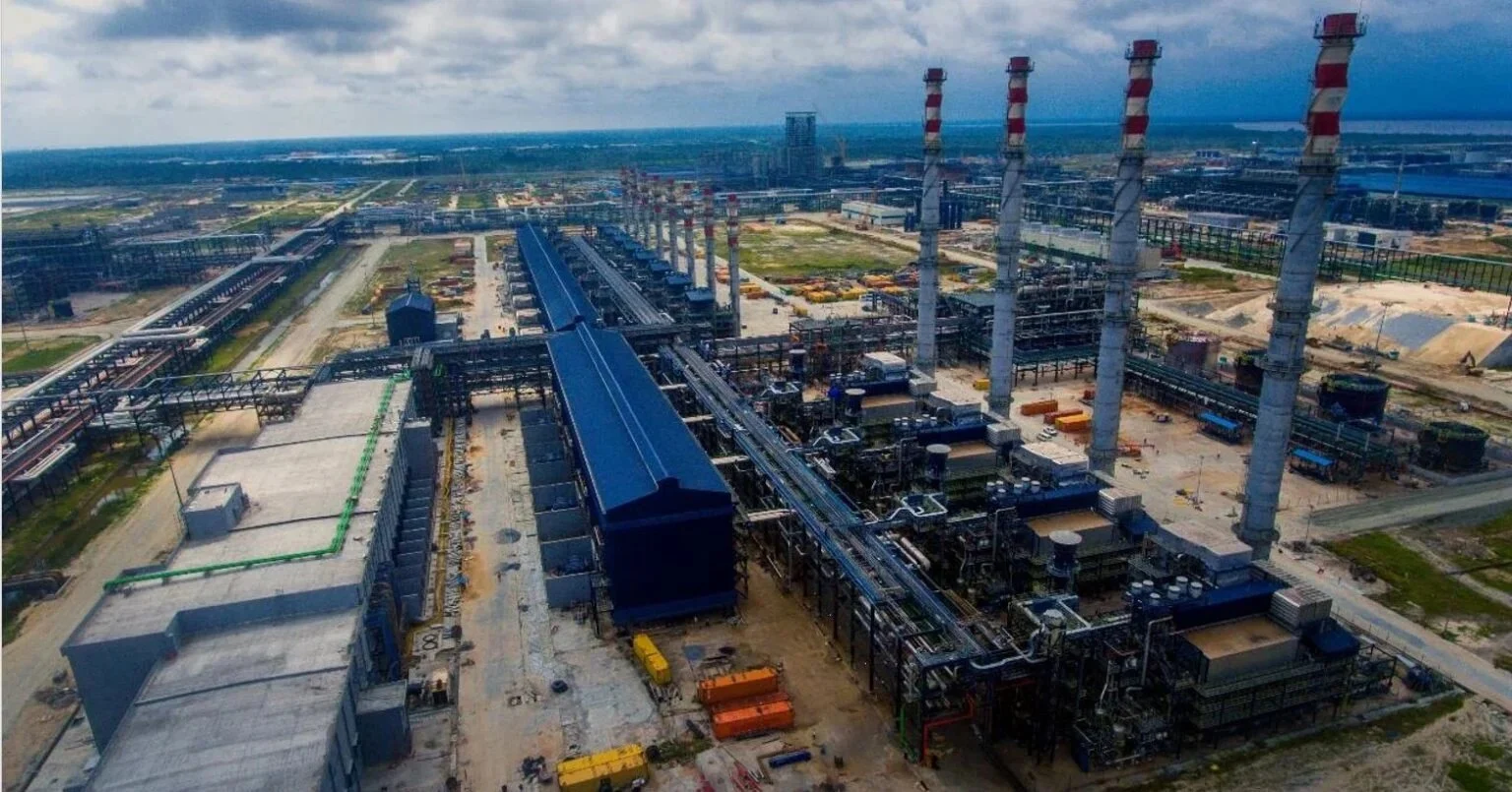Oil & Gas
AFRICA'S LARGEST OIL REFINERY LOOKING FOR MASSIVE U.S. DEAL.
Irene Jerry

Africa's largest oil refinery, Dangote, is seeking a new year-long contract to supply it with U.S. West Texas Intermediate (WTI) Midland crude. Despite Nigeria's abundant domestic supplies and declining Bonny Light crude prices, the move is driven by the competitiveness of U.S. crude prices and the refinery's need to diversify its sources. This decision is somewhat surprising but necessary to avoid reliance solely on Nigerian crude oil grades.
Owned by Aliko Dangote, the refinery began production in January 2024 after its official opening in May 2023. With a refining capacity of 650,000 barrels per day and a $20 billion investment, the Dangote refinery has already seen U.S. crude accounting for a third of its imports since December 2023. The new tender, closing on May 21, aims to import two million barrels per month starting July 2024, further solidifying U.S. crude as a steady source.
Since production began, the refinery has received 11 shipments of WTI, totaling 9 million barrels, compared to 18 million barrels from local companies. The refinery's reliance on both Nigerian and U.S. crude is expected to increase as its derivatives production ramps up, according to Standard & Poor's (S&P Global). This strategy aligns with the refinery's goal to diversify its cargo sources in the medium term.
The U.S. crude deal comes at a challenging time for Nigeria, which faces issues like pipeline sabotage, oil theft, and insecurity, leading to the departure of major oil companies. The declining demand for Nigerian oil and the reduced price of Bonny Light crude against Brent crude underscore the need for the Dangote refinery to seek more competitive international sources. Domestically, this switch to non-Nigerian crude may face resentment, but the competitive advantages of international crude make it a necessary step.
France's TotalEnergies has also entered into an agreement to supply crude oil to the Dangote refinery. This deal was concluded during the Africa CEO Forum in Kigali, Rwanda. Aliko Dangote announced that production of jet fuel and diesel would start by June 2024, highlighting the refinery's significant capabilities for Nigeria and its potential to supply West, Central, and Southern Africa.
